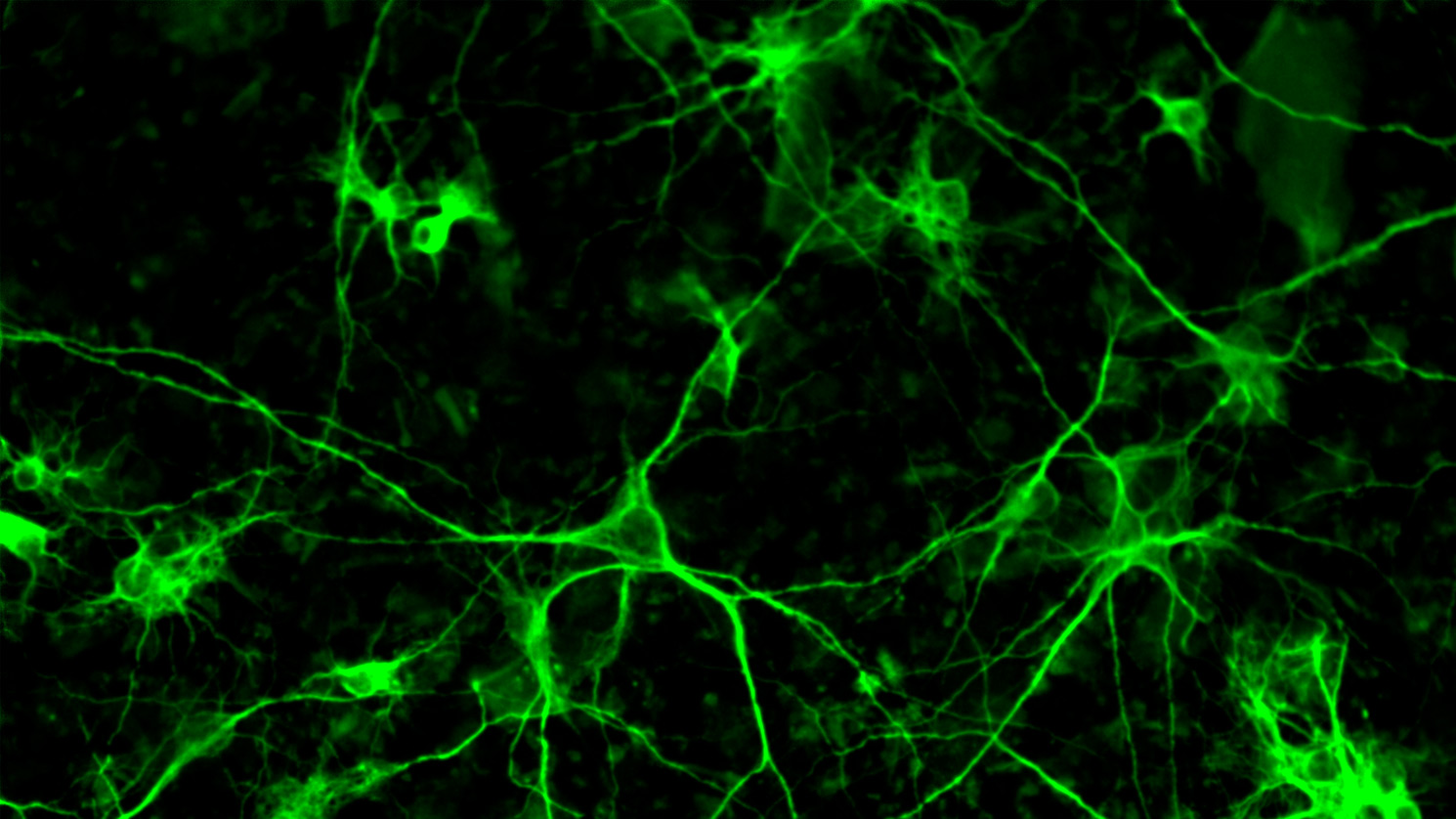Alzprotect is developing a drug candidate, AZP2006, an orally available small molecule with a novel mechanism of action and effects that significantly distinguish themselves from the products developed over the last 25 years.

AZP2006 has an exceptional therapeutic potential to treat the physiopathological causes of Progressive Supranuclear Palsy (PSP) and other related tauopathies such as Alzheimer’s disease.
All disease factors are impacted
With its unprecedented mechanism of action, AZP2006 provides multiple actions impacting simultaneously the amyloid pathways, Tau proteins and the neuroinflammation causing neuronal death. Our approach differs significantly from most research programs on Alzheimer’s that focus on only one mechanism of action: the formation of amyloid plaques and the accumulation of Tau proteins in degenerating nerve cells.
AZP2006’s mechanism of action, that involves the action of a neurotrophic factor, combines reinforced neuroprotective efficacy and anti-neuroinflammation activity.
During preclinical trials, our drug candidate has demonstrated an ability to stimulate, at nanomolar concentrations, the release of a neurotrophic factor, progranulin, and to promote the growth of neurites in in vitro models. This function is essential to maintain and induce the connection between neurons.
It thus protects central neurons while reducing the aggregation of Tau proteins in in vitro and in vivo preclinical models.
In addition, AZP2006 significantly decreases neuroinflammation and reduces oxidative stress, two major factors of tauopathies.
These combined effects prevent memory loss and learning deficits in mice models of tauopathies.
In approved rodent models predictive for Alzheimer’s disease, AZP2006 treatments have prevented the apparition of memory loss and fully restored the learning and memorizing abilities.
AZP2006 seems to have the potency to stop the neurodegenerative process, but also to revive neuronal growth and connection processes.
A treatment for Progressive Supranuclear Palsy (PSP)
The molecule is developed for the treatment of Progressive Supranuclear Palsy (PSP), a rare disease for which AZP2006 has been granted the orphan drug designation in Europe (European Medicine Agency) and in the United States (Food and Drug Administration).
A strategy that can be applied to other neurodegenerative diseases
Progressive Supranuclear Palsy (PSP) belongs to a group of neurodegenerative diseases that includes Alzheimer’s disease and Parkinson’s disease.
The outcomes observed in animal models treated with AZP2006 are very promising for these other conditions.
Clinical studies
Phase 1 results: tolerability and safety
Tested in 88 healthy volunteers during two phase 1 clinical trials, AZP2006 showed good tolerability and safety in these healthy volunteers, with no adverse event.
The first double-blind, placebo controlled clinical studies conducted in 2015 and 2017 in healthy volunteers (men aged 18 to 55) assessed the safety, tolerability and pharmacokinetics of various doses over a short treatment period of 10 days. The results confirmed the excellent tolerability and safety profile of this drug candidate.
A third phase 1 study led to a better understanding of the pharmacokinetics of the compound as well as the effect of food.
The company is currently initiating a phase 2a study for the treatment of Progressive Supranuclear Palsy.
Phase IIa Results: First Signs of Efficacy
- A Phase 2a study was conducted in patients with PSP:
- AZP2006C04: A multicenter, randomized, double-blind, placebo-controlled trial evaluating the tolerability, safety, pharmacokinetics, and effect of AZP2006 on cerebrospinal fluid biomarkers in 36 patients.
- The Phase 2a extension results confirmed, after 6 months of treatment, promising signs of slowing PSP progression in patients treated with AZP2006 for 3 months, compared to the placebo group during the main phase.



